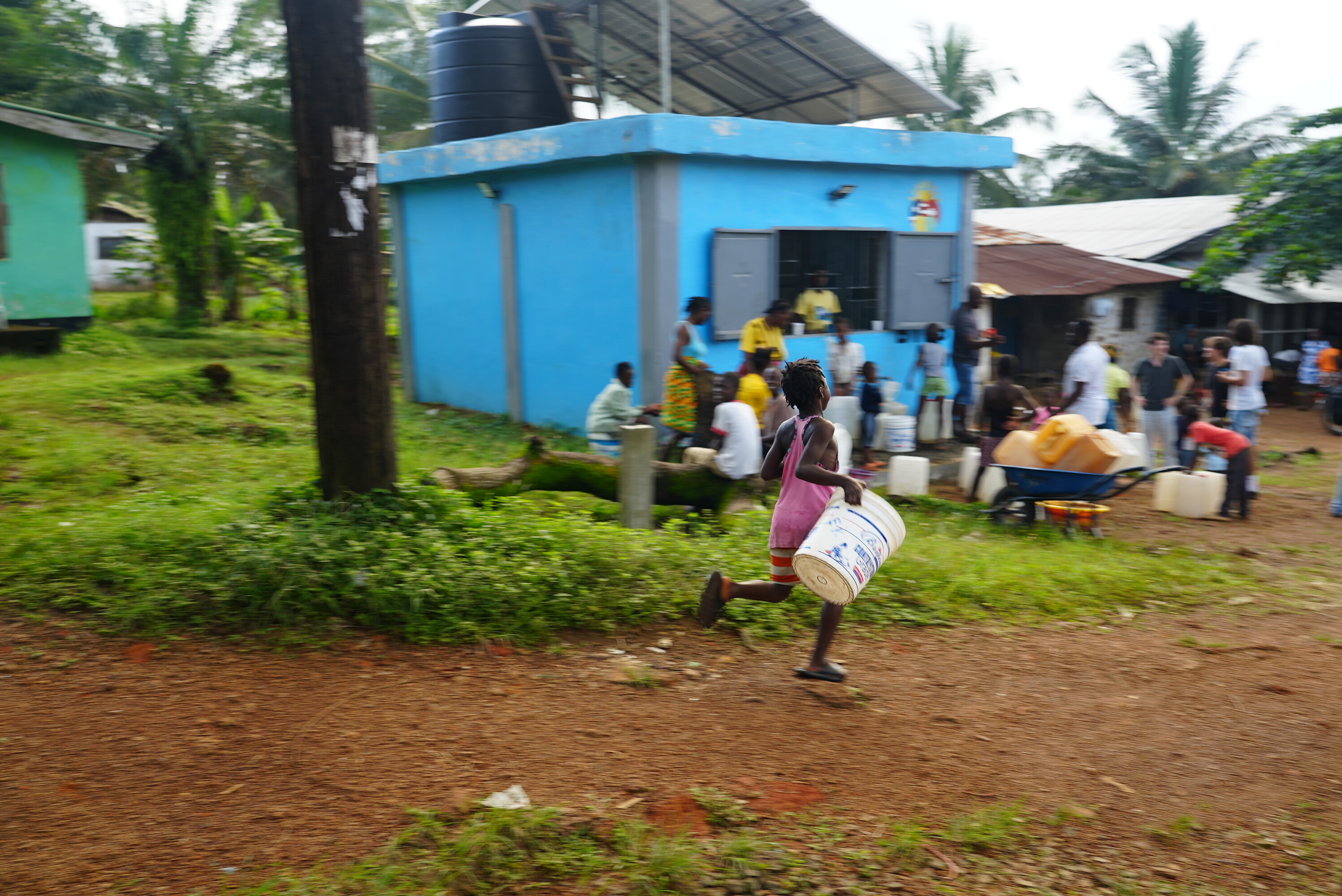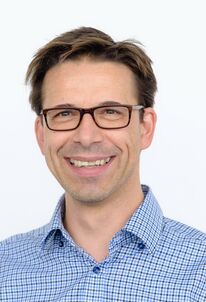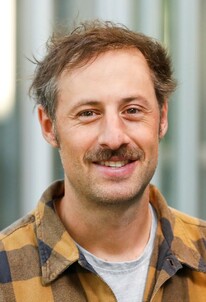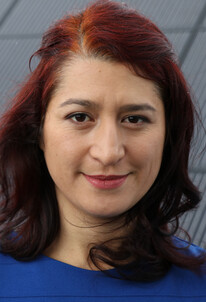Research project
Solarpowered Water Treatment (SoPoWaT)
We combine solar energy with innovative water treatment technologies to enable communities or institutions to purify water on-site. This includes the design of suitable PV systems in conjunction with water treatment methods such as Gravity Driven Membranes (GDM) or solar water disinfection (SoWaDis).
The lack of universal access to electricity and clean water in many parts of the Global South threatens human health and undermines sustainable development. In predominantly low-income communities in urban and rural areas, electricity supply is often insufficient, and the standards for water, sanitation, and hygiene (WASH) are inadequate. Centralized water treatment and distribution networks either do not exist or are not maintained and operated sustainably. Water sources are contaminated with fecal matter and wastewater, leading to significant pollution and the spread of diseases.
We provide support and knowledge exchange aimed in particular at securing decentralized energy supply in combination with water treatment. For this we combine solar power and robust water treatment solutions to develop locally appropriate technical solutions. The main focus lies on two water treatment processes that are simple, self-sustaining, cost-effective, scalable, safe, broadly accepted.
Gravity-driven membrane (GDM) filtration
Gravity Driven Membrane (GDM) is a technology that can treat microbiologically contaminated water in a single step. GDM stands for gravity-driven membrane filtration. It is a technology used to treat microbiologically contaminated, turbid raw water in one step. The core of the treatment system consists of ultrafiltration modules with a nominal pore size ('holes') of 20-40 nm. Conventional ultrafiltration is complex and energy-intensive to operate and maintain. Membranes must be operated under high pressure, backflushed several times a day, and cleaned with chemicals. In contrast, the GDM approach works with low pressure and requires minimal operating and maintenance costs, as biological activity in the biofilm on the membranes prevents clogging, stabilizing the flow at about 4 to 10 liters per square meter and reducing the need for backflushing and chemical cleaning. Depending on the setup, a pump is only required to transport water to the treatment site. The membranes retain particles, bacteria, protozoa, as well as some dissolved organic carbon and viruses.
Solar Water Disinfection (SoWaDis)
SoWaDis, which stands for 'solar water disinfection' is a water treatment technology based on thermal disinfection (similar to boiling water). Solar heat can be perfectly utilized, especially if heat recovery is used.
Solar pumping
Photovoltaic technology is used to pump the water and to provide additional energy supply to the communities for any kind of infrastructure. Our projects aim to be innovative and of high quality, and are mainly led by our partners from the South. We make it a priority to involve students in the work as often as possible.
Solarpowered Waterkiosk
The combination of these technologies allows off-grid systems that provide an appropriate off-grid solutions in underserved areas. The main field of application are community-based water kiosk or institutions such as schools or health care facilities. The systems are also applicable in humanitarian settings. Depending on the context, we co-develop operation and maintenance models with local stakeholders to make them technically sound and financially viable.
Appropriate and user-centric
Our projects intend to be innovative and of high quality, and are led by our partners from the South. Often, we try to involve students in the work.
The project started in 2018 and has been ongoing ever since.
These pages provide detailed information on the respective water treatment technologies and their applications.
- Gravity Driven Membrane (GDM): Eawag
- Solar Water Disinfection: SoWaDis Water Kiosk
Funding:
- Foundations
- Development Agencies
Partner:






